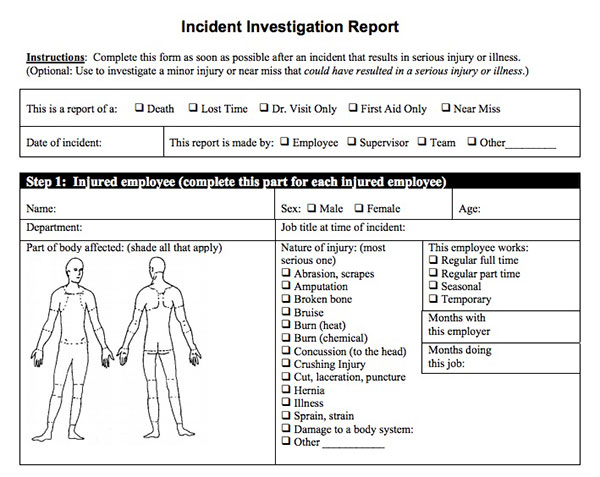- How Claims Work
- During Your Case
- Hiring an Attorney
- Attorneys
- About The Young Firm
- Helpful Info
- Resources
- Client Portal Hub
Get Answers. Move Forward.
504-680-4100
Can an injured offshore worker sue if no accident report was completed? Yes, absolutely. Under maritime law as well as under the Jones Act there is no legal requirement that an accident report be completed in order for an injured maritime worker to file suit and successfully win his case in court. We have plenty of clients who are actually discouraged from filling out accident reports by off shore companies.
shore companies.
There are lots of ways to prove you had a work accident and that you deserve compensation even if an accident report was not completed. Finally, medical records are used in court all the time to prove what happened to you and how you got hurt. So don’t worry too much if you never filed an accident report; it doesn’t prevent you from filing a claim and getting the compensation you need to get your life back in order.
Offshore companies often preach safety but when they get out on the rigs and the vessels, it’s a different story. In the same way a lot of times companies preach that accident reports are supposed to be completed but we know from actual clients that a lot of companies discourage the reporting of accidents. If you did not fill out an accident report after your maritime injury or accident you can still file suit under maritime law as well as under the Jones Act.
Call us if you have any questions about your rights, choices, and options under maritime law, under the Jones Act or any other laws that may affect you as an offshore worker.
More articles on important documents in maritime injury claims: